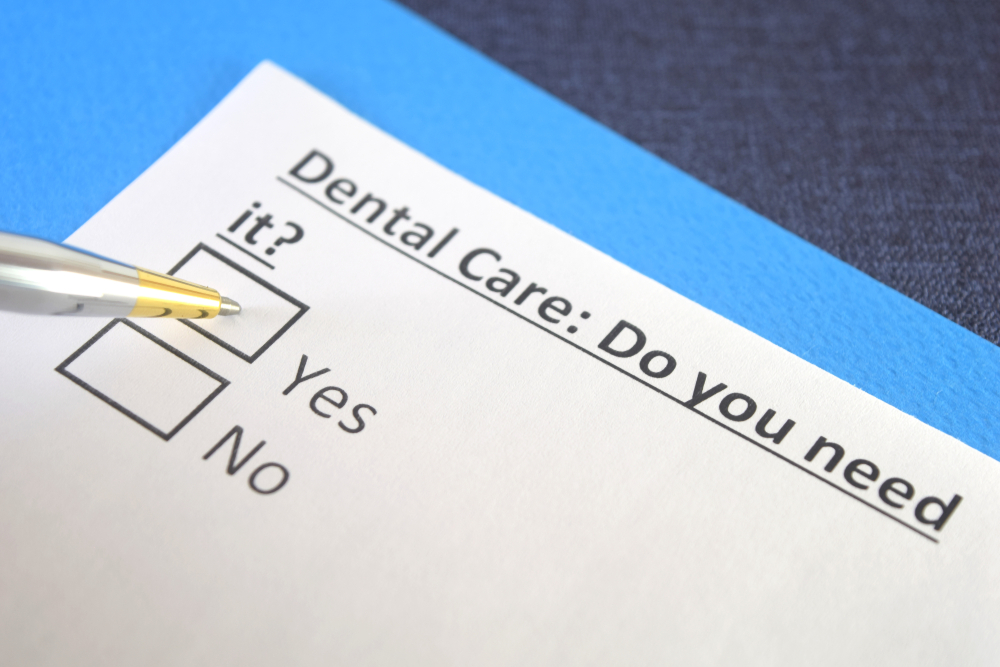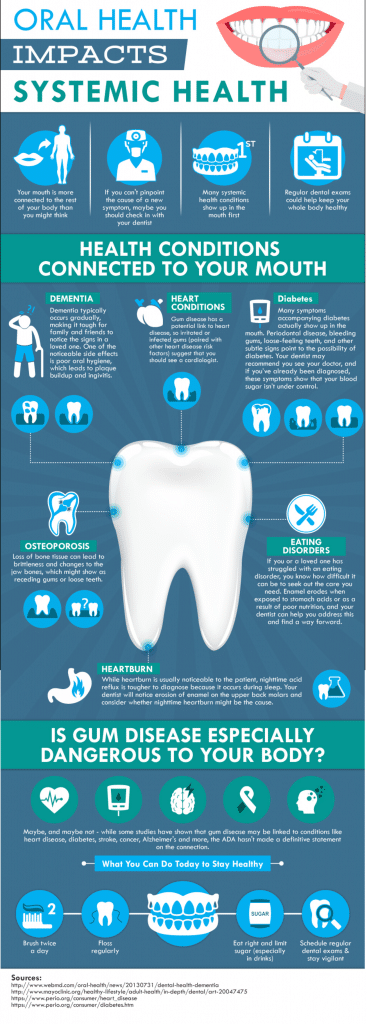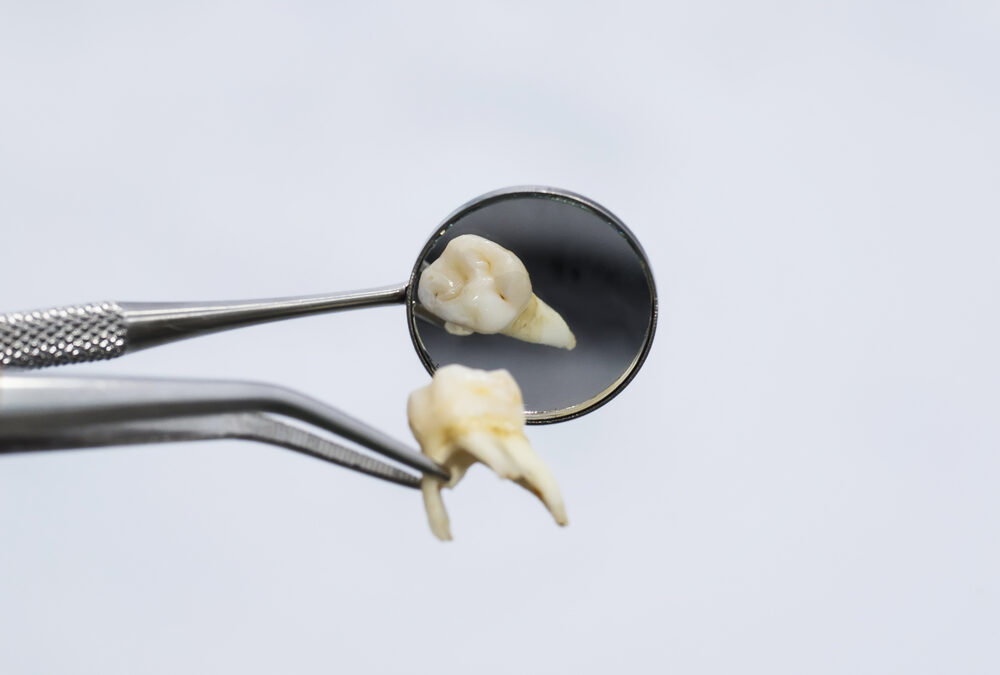
Overcoming the Fear of Costly Dental Treatment: Strategies for Affordable Care
by Dr. Richard J. Walicki | Apr 16, 2024 | Dental Insurance, Dentistry, Fear
In today’s world, the fear of expensive dental treatment often prevents individuals from seeking the care they need, leading to worsening oral health and increased discomfort. However, there are proactive steps that patients can take to confront this fear and access the dental care they require without breaking the bank.
- Research Financing Options: Many dental offices offer flexible financing programs, such as CareCredit, Lending Club, Best Egg, and Cherry, that allow patients to spread out the cost of treatment over manageable monthly payments. By exploring these financing options, individuals can access the care they need without experiencing financial strain.
- Prioritize Preventive Care: Investing in preventive dental care, such as regular check-ups, cleanings, and healthy diets, can help individuals avoid more costly treatments down the line. By maintaining good oral hygiene habits and addressing dental issues early, patients can minimize the need for expensive procedures in the future.
- Understand Insurance Coverage: While dental insurance can help offset the cost of treatment, it’s essential to understand the limitations of your coverage. Many insurance plans have annual maximums that may not fully cover the cost of necessary procedures. By familiarizing yourself with your insurance policy and its coverage limits, you can avoid surprises when it comes time to pay for treatment.
- Communicate with Your Dentist: Open communication with your dentist is key to addressing concerns about cost and finding solutions that work for your budget. Your dentist can provide guidance on treatment options, financing plans, and alternative solutions that may be more affordable while still meeting your oral health needs.
- Prioritize Your Oral Health: Remember that investing in your oral health is an investment in your overall well-being. Ignoring dental problems due to cost concerns can lead to more significant issues and higher expenses down the road. By prioritizing your oral health and seeking timely treatment, you can avoid costly complications and enjoy a healthier smile for years to come.
By taking proactive steps to address concerns about the cost of dental treatment, individuals can overcome their fears and access the care they need to maintain optimal oral health. With financing options, preventive care, and open communication with their dentist, patients can achieve a healthy smile without breaking the bank. Don’t let cost be a barrier to your dental health—take action today to prioritize your oral well-being.
Remember, a healthy smile is priceless!










